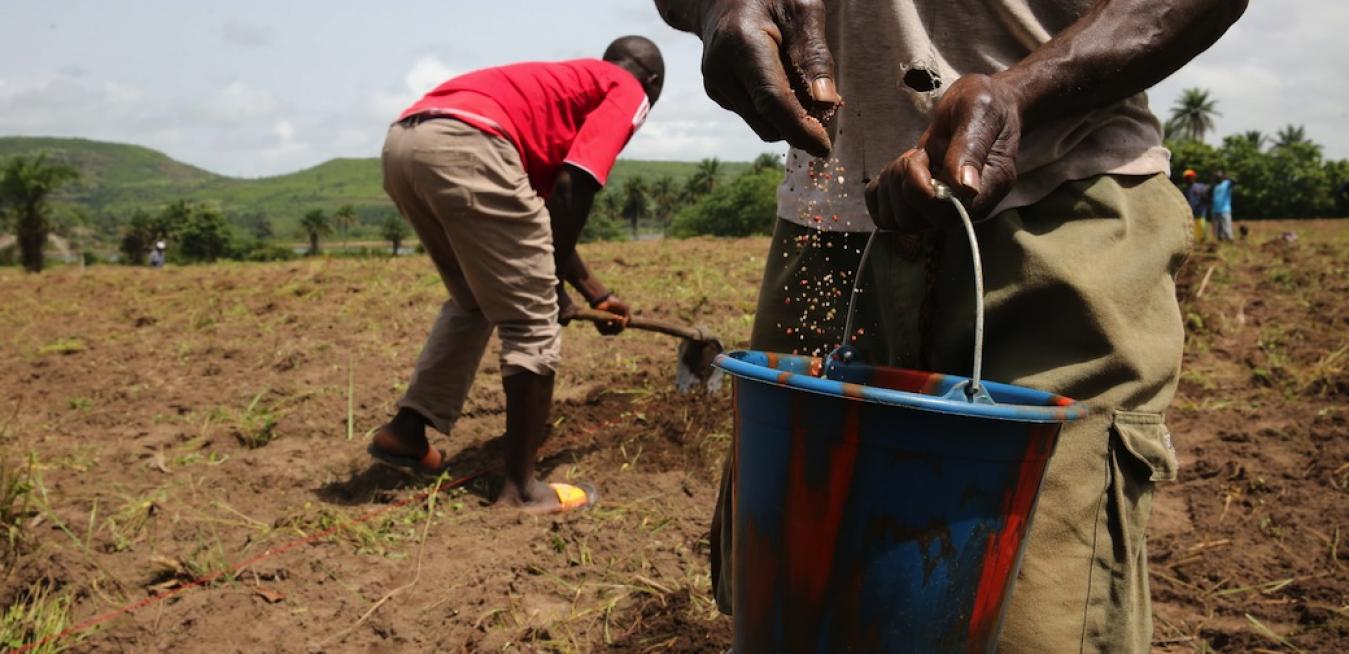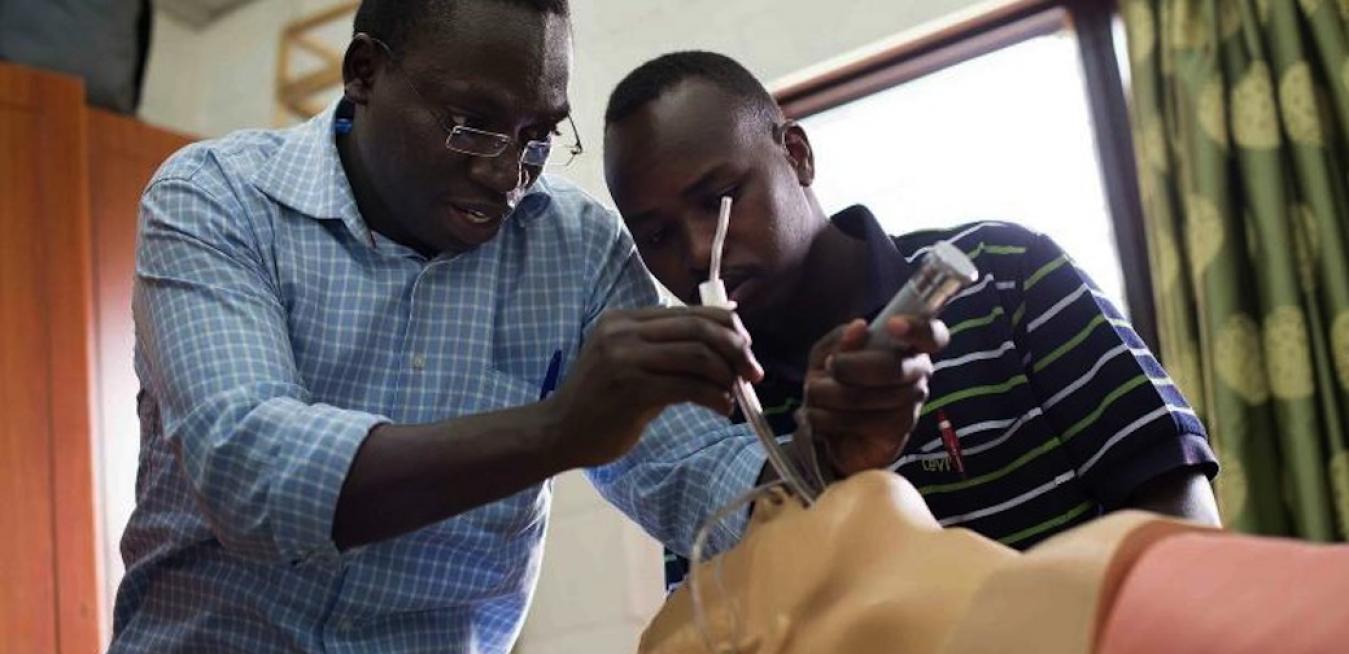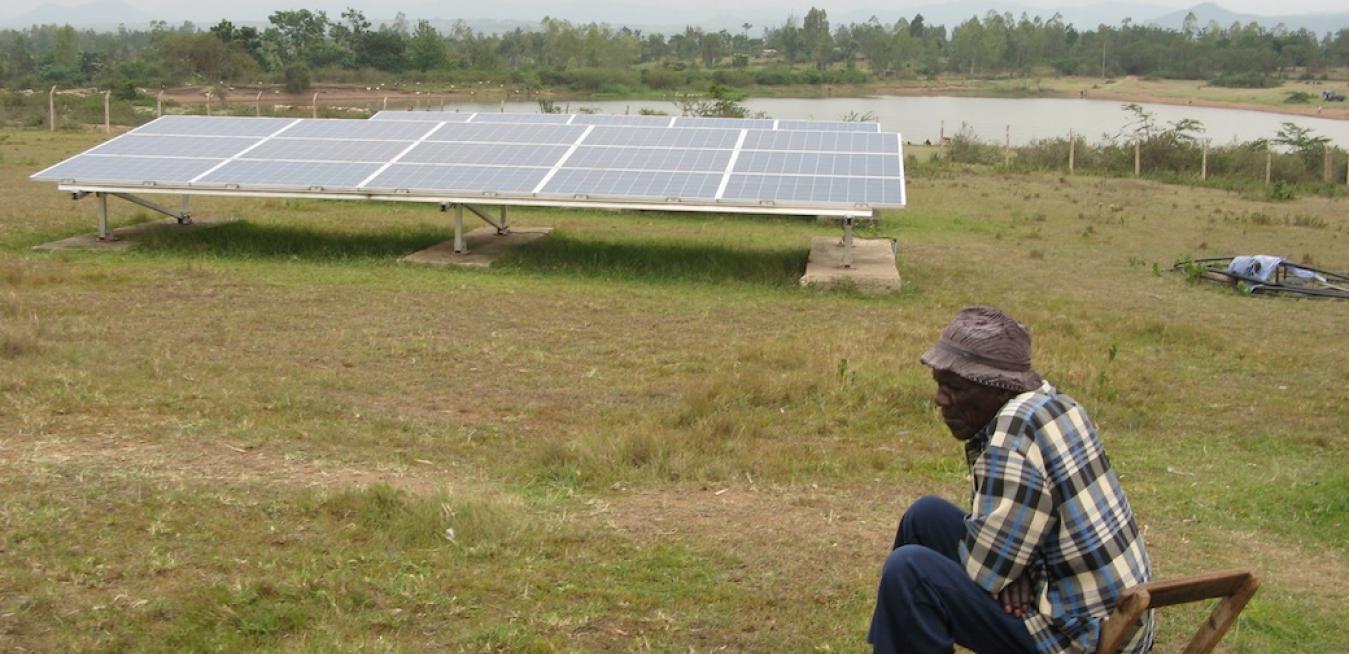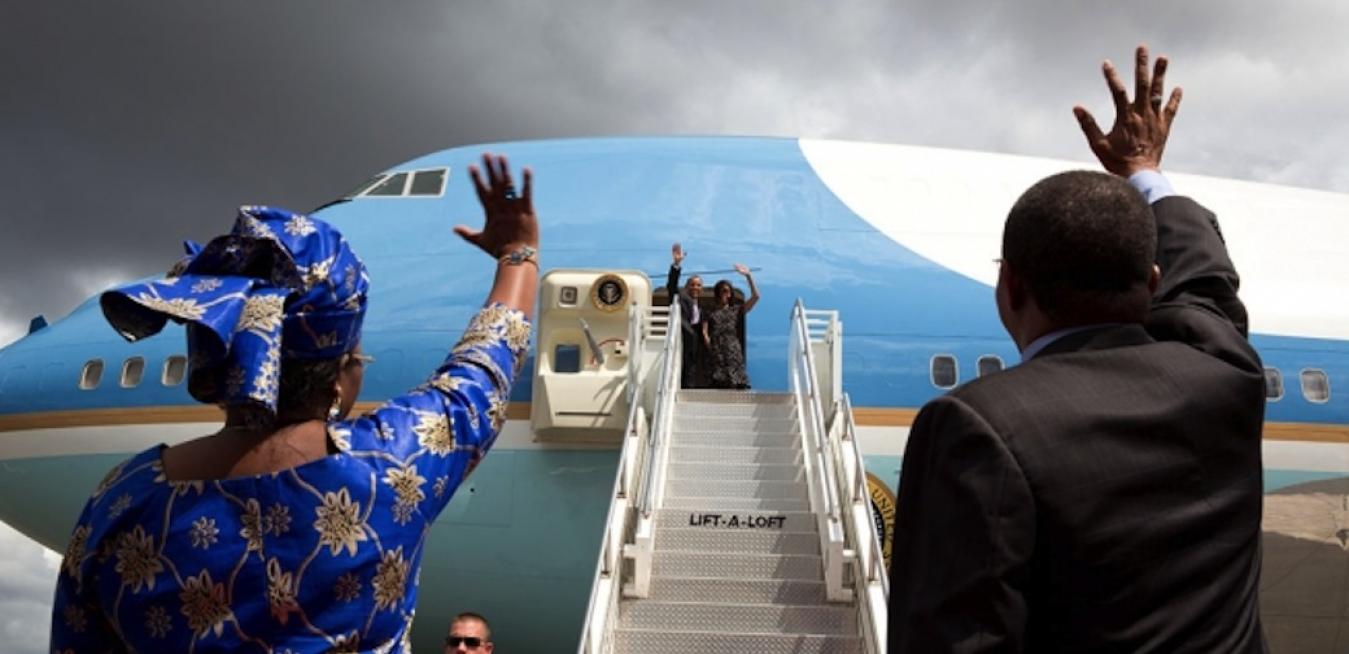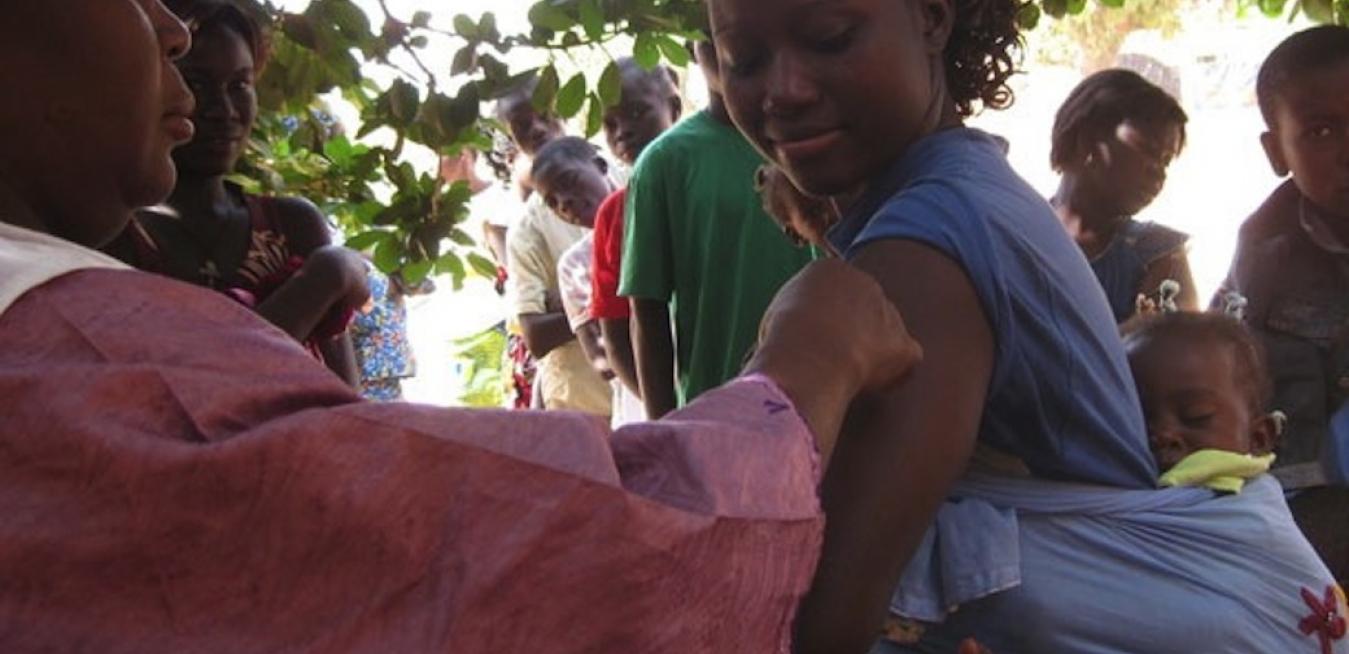Like other Afro-preneurs, farmers must overcome a number of constraints to launching and growing a business.
In many parts of the developing world, hospitals are far away and nearby healthcare providers lack the skills to deliver emergency medical care. With the proper training and tools, however, access to quality emergency care can be greatly improved, says Dr. Rachel Moresky, assistant professor of medicine and population and family health at Columbia University’s Mailman School of Public Health and College of Physicians & Surgeons.
With 600 million Africans hungry for electricity, off-grid energy is poised to take off — if local entrepreneurs can get the capital they need to scale their business.
Getting electricity to the 600 million people across Africa living without it is a major undertaking, and building large power plants to supply energy to national grids is only part of the solution. With much of the population living in remote areas, the off-grid energy sector in Africa is poised for takeoff.
The revised Information Technology Agreement represents a significant win for public health, but tariffs should be reduced quickly to maximize the potential benefits for people around the world.
When something happens only once every 20 years, it deserves to be recognized. Such is the case now, as over 50 nations have just agreed to eliminate tariffs on breakthrough medical products that can help diagnose and treat patients around the world.
With a new industrial revolution underway, African policymakers must start building a pipeline of the right skills for the Future of Work.
Sub-Saharan Africa has been the second-fastest growing region in the world for the last decade and a half. A long commodity boom has helped, but African countries have also started to improve business conditions and strengthen institutions.
When President Obama meets with African entrepreneurs in Kenya this week, he will discover innovative minds eager for partnership, Dr. Frannie Leautier says in the first of a two-part interview.
The United States has long demonstrated leadership in tackling health challenges in developing countries, whether fighting HIV/AIDS or containing the recent Ebola outbreak in West Africa.
The lack of access to safe surgery worldwide may not generate a lot of headlines, but more than four times as many people die from conditions needing surgery than the number who are killed by HIV/AIDS, TB and malaria combined.






